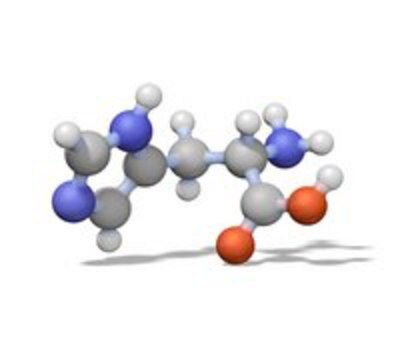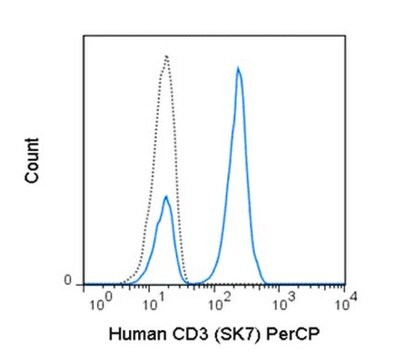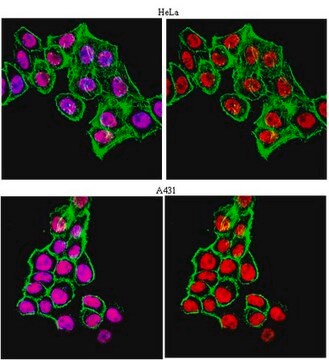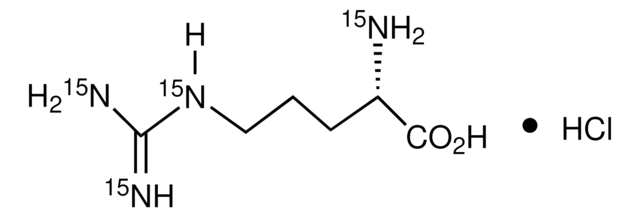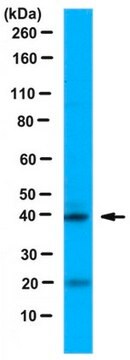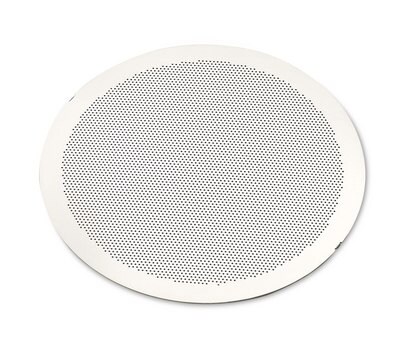05-988
Anti-Pras40 Antibody, Clone 73P21
clone 73P21, Upstate®, from mouse
Sinónimos:
40 kDa proline-rich AKT substrate, AKT1 substrate 1 (proline-rich), proline-rich Akt substrate, 40 kDa
About This Item
Productos recomendados
origen biológico
mouse
forma del anticuerpo
purified immunoglobulin
tipo de anticuerpo
primary antibodies
clon
73P21, monoclonal
reactividad de especies
human
fabricante / nombre comercial
Upstate®
técnicas
immunoprecipitation (IP): suitable
western blot: suitable
isotipo
IgG1
Nº de acceso NCBI
Nº de acceso UniProt
Condiciones de envío
wet ice
modificación del objetivo postraduccional
unmodified
Información sobre el gen
human ... AKT1S1(84335)
Descripción general
Especificidad
Inmunógeno
Aplicación
Epigenetics & Nuclear Function
PI3K, Akt, & mTOR Signaling
Calidad
Western Blot Analysis:
A 0.1-1.0 µg/mL dilution of this lot detected PRAS40 in RIPA lysates of HeLa cells.
Descripción de destino
Forma física
Almacenamiento y estabilidad
Handling Recommendations:
Upon first thaw, and prior to removing the cap, centrifuge the vial and gently mix the solution. Aliquot into microcentrifuge tubes and store at -20°C. Avoid repeated freeze/thaw cycles, which may damage IgG and affect product performance.
Nota de análisis
RIPA lysates of HeLa cells.
Otras notas
Información legal
Cláusula de descargo de responsabilidad
¿No encuentra el producto adecuado?
Pruebe nuestro Herramienta de selección de productos.
Código de clase de almacenamiento
12 - Non Combustible Liquids
Clase de riesgo para el agua (WGK)
WGK 2
Punto de inflamabilidad (°F)
Not applicable
Punto de inflamabilidad (°C)
Not applicable
Certificados de análisis (COA)
Busque Certificados de análisis (COA) introduciendo el número de lote del producto. Los números de lote se encuentran en la etiqueta del producto después de las palabras «Lot» o «Batch»
¿Ya tiene este producto?
Encuentre la documentación para los productos que ha comprado recientemente en la Biblioteca de documentos.
Nuestro equipo de científicos tiene experiencia en todas las áreas de investigación: Ciencias de la vida, Ciencia de los materiales, Síntesis química, Cromatografía, Analítica y muchas otras.
Póngase en contacto con el Servicio técnico